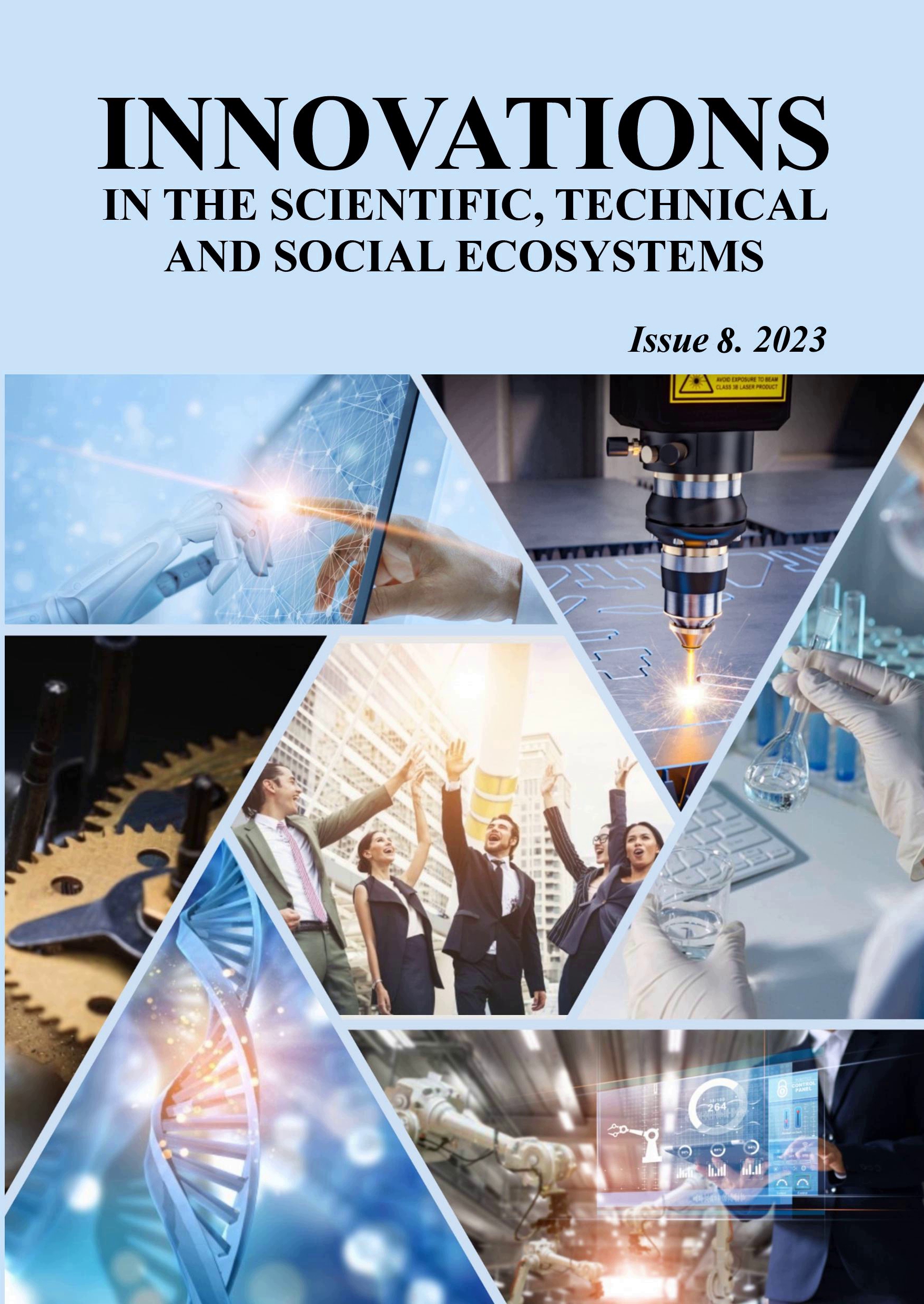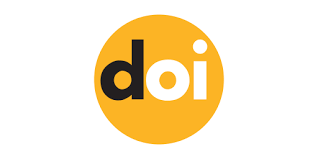EDUCATING ETHICAL MINDS:A HOLISTIC APPROACH TO TEACHER PROFESSIONAL DEVELOPMENT IN THE 21st CENTURY
DOI:
https://doi.org/10.56378/NGSA20231231Keywords:
pedagogy, holistic education, teacher professional development (TPD), ethics, technologyAbstract
The Purpose of the Study. The research aims to study how ethical education, fostering critical thinking, empathy, and adaptability, is crucial for educators to prepare students for a complex world driven by rapid technological development, emphasizing teachers' role in integrating ethical discussions about technology within the curriculum. The authors emphasise that ethics education that fosters critical thinking, empathy, and adaptability is critical for educators. The purpose of the study is to examine how ethics education can assist educators in preparing students for life in a complex world defined by rapid technological development. This is important because in the 21st century, the rapid development of technology is changing the human experience, requiring adaptability, resilience, empathy and critical thinking. The Research Methodology. It was analysed the studies on ethical education, critical thinking, empathy, and adaptability, highlighting the importance of these attributes in teachers education and professional development. A scientific pedagogical survey was organised and conducted in the form of a written anonymous questionnaire of 100 4th year graduate students majoring in 014 Secondary Education (Language and Literature (English)), T.H. Shevchenko National University "Chernihiv Colehium", Chernihiv, Ukraine. It was provided the quantitative and qualitative analysis of its results, interpreting the insights of preservice teachers' experiences, challenges, and strategies in fostering ethical values and critical thinking skills amidst technological issues. The survey data were analysed to quantify and qualify educators' attitudes and perceptions regarding the integration of ethical insights in their education and development. The synthesized findings from the various data sources were provided comprehensive insights into the current state of educating ethical minds within the holistic approach to teacher professional development in the 21st century. The article aims to develop practical recommendations for educators, policymakers, and curriculum designers to enhance ethical education within the holistic educational system. The Scientific Novelty. In the 21st century, rapid tech growth reshapes human experiences, demanding adaptability, resilience, empathy, and critical thinking. This article supports holistic education, specifically focusing on ethics amidst tech challenges. It aims to go beyond traditional moral teaching, nurturing critical thinking and empathy as vital for ethical decision-making. The authors insist that educators hold a central role in addressing tech's ethical implications. The study encourages integrating tech ethics discussions into curricula to empower students for ethical discourse. Teacher - student communication serves as a moral compass for personal growth amid data overflow. The Conclusion. Holistic TPD fosters ethical citizens through teacher-led critical thinking, interdisciplinary learning, and tech-enabled experiences for a sustainable future.
References
Biesta, G. & Priestley, M. & Robinson, S. (2017). Talking about education: exploring the significance of teachers’ talk for teacher agency. Journal of Curriculum Studies. 49. 38−54. DOI:10.1080/00220272.2016.1205143 [in English]
Fullan, M. & Rincon-Gallardo, S. & Hargreaves, A. (2015). Professional Capital as Accountability. Education Policy Analysis Archives. 23. DOI:10.14507/epaa.v23.1998 [in English]
Johnson, A. (2023). Holistic Learning Theory and Holistic Education. https://www.academia.edu/19752569/Holistic_Learning_Theory_and_Holistic_Education [in English]
Hamachek, D. (1999). Effective teachers: What they do, how they do it, and the importance of self-knowledge. In R. P. Lipka & T. M. Brinthaupt (Eds.), The role of self in teacher development, pp. 189–224. Albany, NY: State University of New York Press. [in English]
Global Trends (2021). A More Contested World 2040. A Publication of the National Intelligence Council. March 2021 NIC 2021-02339 ISBN 978-1-929667-33-8. p. 68. Retrieved from: www.dni.gov/nic/globaltrends [in English]
Guoyuan, S. (2020). Teacher Agency. Encyclopaedia of Teacher Education Publisher: Springer Nature Singapore, March 2020 DOI: 10.1007/978-981-13-1179-6_271-1 [in English]
Grytsyk N., Skoryk T. (2020). Theoretical analysis of the factors influencing morden teacher’s professional success. Scientific Journal of Polonia University, 38(1-2), 212−216. DOI: https://doi.org/10.23856/3868 [in English]
Kollmuss, A. & Agyeman, J. (2002). Mind the Gap: Why Do People Act Environmentally and What Are the Barriers to Pro-Environmental Behavior? Environmental Education Research, 8. pp. 23−260. http://dx.doi.org/10.1080/13504620220145401 [in English]
Kurzweil, R. (2016). The Singularity Is Near. In Ethics and Emerging Technologies (p. 393). Berlin: Springer. https://doi.org/10.1057/9781137349088_26 [in English]
Miller, J. (2010). Whole Child Education. University of Toronto Press. http://www.jstor.org/stable/10.3138/j.ctt2tttcq [in English]
Nolan, J. & Schultz, P. & Cialdini, R. & Goldstein, N. & Griskevicius, V. (2008). Normative Social Influence Is Underdetected. Personality & social psychology bulletin. 34. pp. 913−23. DOI:10.1177/0146167208316691 [in English]
Professional Development and Exchange for Teachers Trainers Programme (2023). https://exchanges.state.gov/non-us/alphabetical-list-programs. [in English]
Smolina S. (2019). Stan pidhotovky maibutnikh uchyteliv anhliiskoi movy (vykhovnyi aspekt). [The state of training of future teachers of the English language (educational aspect)], Bulletin of the T.H. Shevchenko National University “Chernihiv Colehium”. Issue. 5 (161) pp. 193−197. [in Ukrainian]
Downloads
Published
How to Cite
Issue
Section
Categories
License
Copyright (c) 2023 Svitlana SMOLINA , Nadiia GRYTSYK, Nataliia ANTONENKO

This work is licensed under a Creative Commons Attribution-NonCommercial-NoDerivatives 4.0 International License.













